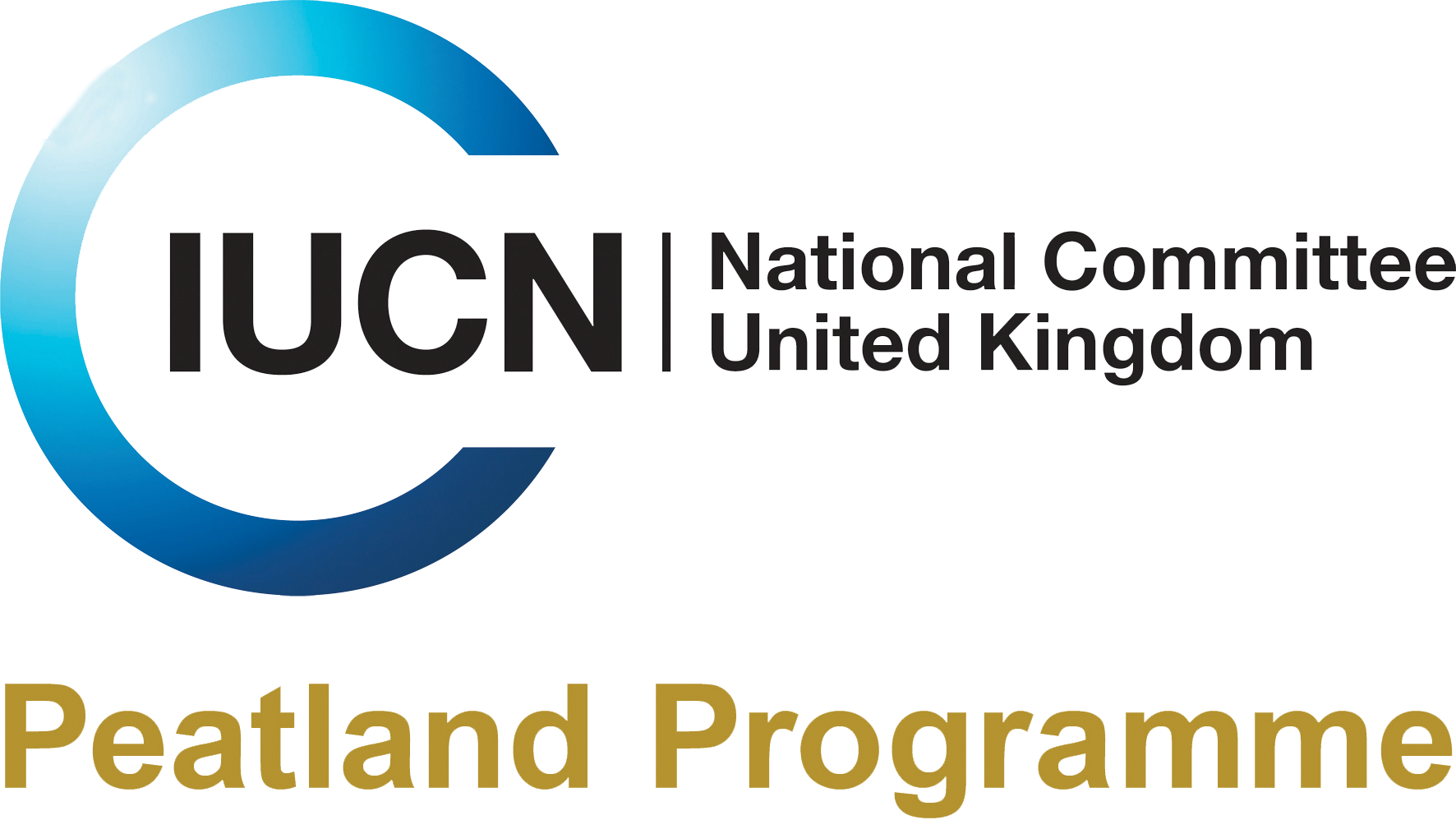Search
Search
200 Projects for the Peatland Code
The IUCN UK Peatland Progamme have today marked a landmark milestone for projects registering for the Peatland Code.
An update on the Peatland Code
The Peatland Code continues to grow rapidly with 79 projects now registered and 10,300 ha of expected peatland restoration.
Mapping the contribution of phototrophic microbes to the global carbon cycle of peatlands
Database of phototrophic microbes in northern peatlands being built by group of peatland scientists to gain new insight into the diversity, abundance, biomass, and productivity of these tiny…
Eyes on the Bog monitoring at the Water Works project
A new set of monitoring equipment has been installed at the Water Works project site in East Anglia, by our Eyes on the Bog Champion, Jack Clough of the University of East London.
Global Peatlands Initiative project: State of the Worlds Peatlands
Global Peatlands Initiative (GPI) launches its Global Peatlands Assessment - The State of the World’s Peatlands - at the United Nations Framework Convention on Climate Change (COP27) taking place…
Peatland Code Registering a Project
100 Project Milestone for the Peatland Code
The IUCN UK Peatland Progamme have today marked a landmark milestone for projects registering for the Peatland Code.
WaterLANDS: New European Green Deal project launched to lead largescale restoration of European wetlands
An ambitious project has been launched to tackle largescale restoration of Europe’s wetlands, with €23 million of funding from the EU Horizon 2020 Programme Green Deal.
Peatland ACTION Fund Now Open for peatland restoration projects in Scotland
The Scottish Government announces Peatland ACTION funding for 2022 - 2023 is now open for applications.
Peatland Code update - December 2021
The Peatland Code now has 48 Projects registered with a total of almost 8000 ha of peatland restoration. Find out more and watch presentation delivered at the Scottish Forum on National Capital…
Please give 10 minutes of your time to help answer the question: Is palaeoecological research utilised in UK peatland restoration projects?
Can you complete a short survey on the extent to which palaeoecological research is utilised in UK peatland restoration projects? It should take just 10 minutes to complete and will help inform…
